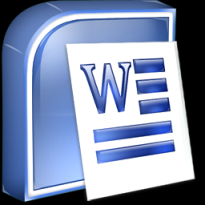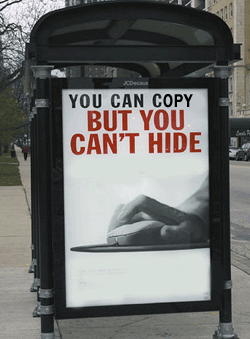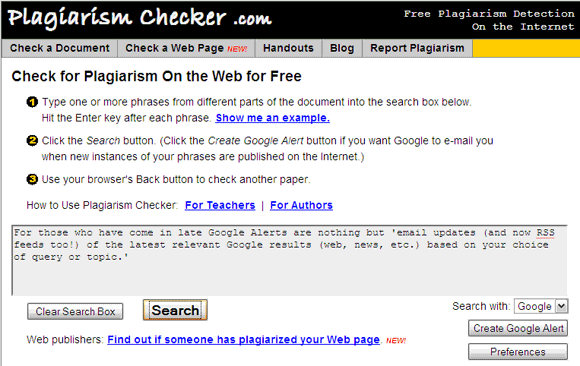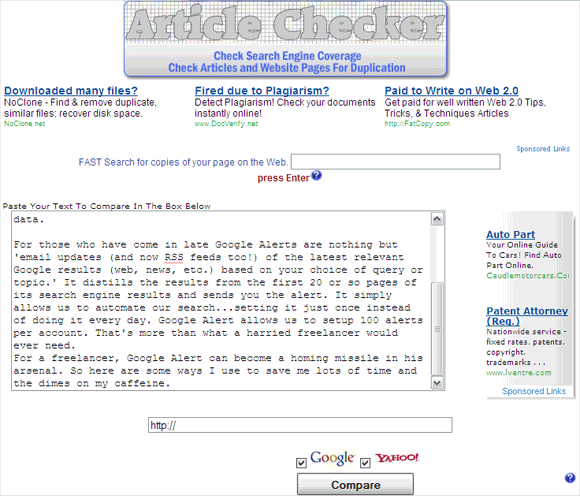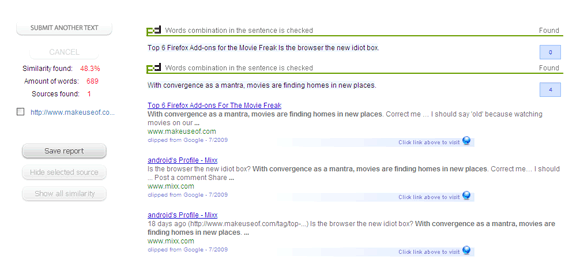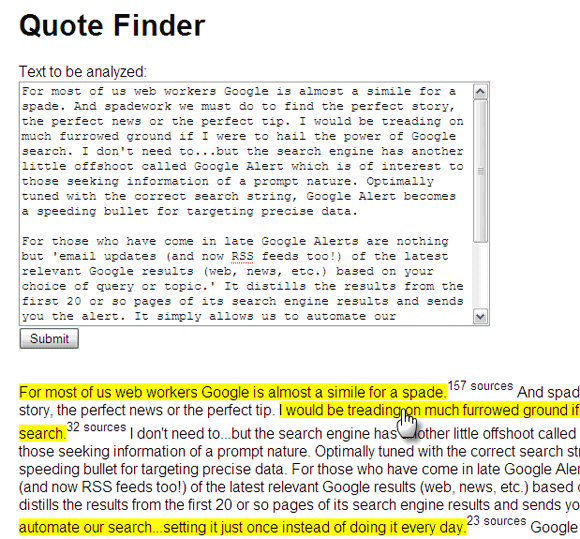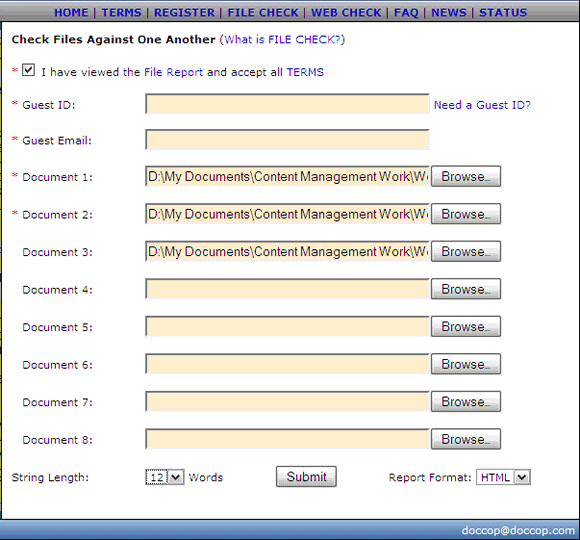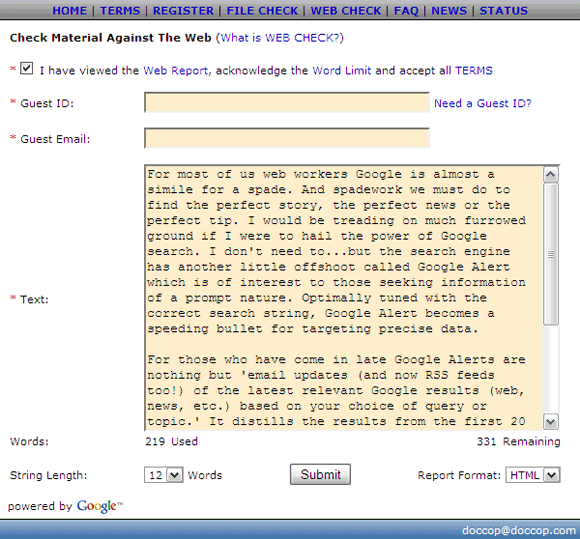"A lack of originality
Couldn't focus on the day
so much for the radio
Everybody sounds the same
Everybody wears the same clothes now
And everybody plays the game"
That was from "˜Copycats', a song by the Cranberries. Just swap the radio for the web and we could have an anthem for our times where content is free and content lifting is freedom. Copying is tame, plagiarism is the more serious (and demeaning) word and with the laws against copyright infringement in place, plagiarism as intentional fraud carries a mean look.
Content plagiarism on the web spreads as fast as the web itself. With blogging, which is usually written words, an original thought becomes the archetype . Duplicate content is the bane of webmasters and even bloggers. A webmaster can easily but unsuspectingly publish duplicate content on the fly (though a guy who knows his job won't!). A blogger can see his work being scraped on another site. The bane - a lower page rank by search engines like Google which hates duplicate content.
Many tools exist which help us in sidestepping prickly copyright issues. The professional ones are of course potent, spiffy and dollar loving. The free ones may not be too much on looks but without a pinch they are adequate for the blogger world. Here at MakeUseOf, we have previously covered quite a few content tracking web services.
Here are five more for the armory.
Plagiarism Checker
A free online service which searches for originality (or lack of it) using a few phrases taken from different parts of the document. The phrases need not be contained within search operators like quotation marks as the plagiarism checker does it on its own through its code. Content checking is optional with either Google or Yahoo.
The two search engines though are word limited in the use of phrases - Google allows 32 and Yahoo's word limit is 50. Plagiarism Checker thus limits the phrase within the word count. The word limitation restricts the scope of the content check. The matches open up in another webpage.
In a previous post we had looked at how Google Alerts could be used to keep track of your content. This service provides a button to the Google Alerts page for setting it up.
A webpage can also be submitted for a plagiarism check through a URL.
Article Checker
A very similar plagiarism detection tool which checks for duplicate content using either Google or Yahoo. Both the search engines can be used to compare results. Input of content is through a text area box or by giving the URL of a webpage. The checker functions by taking blocks of text and running it through the search engines. A Google Alert can be set up for the positive matches with a click.
Plagiarism Detect
This is a full-featured web service with a free and a paid option. The free option requires a signup and gives us an upload of Doc or Text files (or paste contents in a text area) and basic duplicate checking. The site makes a disclaimer that it does not store the uploaded content. Despite the basic checking service, the results are neatly displayed for us to sift through.
Quote Finder
This is a very simple content checking aid from Google Blogoscoped; a site which unofficially covers Google related news. The plagiarism checker is a simple text area for pasting the relevant text. The results are highlighted in yellow with the number of sources obtained from the web search. Clicking on the highlighted phrases takes us to the Google search results page. It is simple, uncomplicated and relies on the power of Google search.
DOC Cop
This free web service offers the option of a File Check and a Web Check. Using File Check we can scan and compare a maximum of eight Microsoft Word or AdobePDF files of up to 100,000 words each against one another. We can specify the average string length (i.e. the number of words) that must be compared. The report can be optionally obtained in HTML or Doc format through email.
Web Check is where we can put a webpage, a Doc file or a PDF file through a duplicity check on the internet. Web Check is limited to a maximum of 550 words. Again, the word length can be specified using the string length dropdown.
The web tool requires registration and access is through a guest ID. A real time status indicator shows the current status of the submission. According to the site, it takes about an hour to generate and send the report using email.
With the help of these free web tools, detecting duplicate content is not too tough a task. For a content writer, these useful tools serve another purpose - to determine where his ghost written articles have ended up"¦ or even where they have been re-used with due citation and credit. But mostly, it helps each writer check his work against the web to avoid unintentional duplication.
We have featured quite a few other tools here at Makeuseof.com "“
Plagium: Online Plagiarism Tracker
The Plagiarism Checker: Check Papers For Plagiarism
The use of this rooster of article plagiarism checking apps should be enough to make us all tread on the side of caution and keep our creative spirits intact. If you write (or publish)"¦do you check? Let us know.
Image: swanksalot

